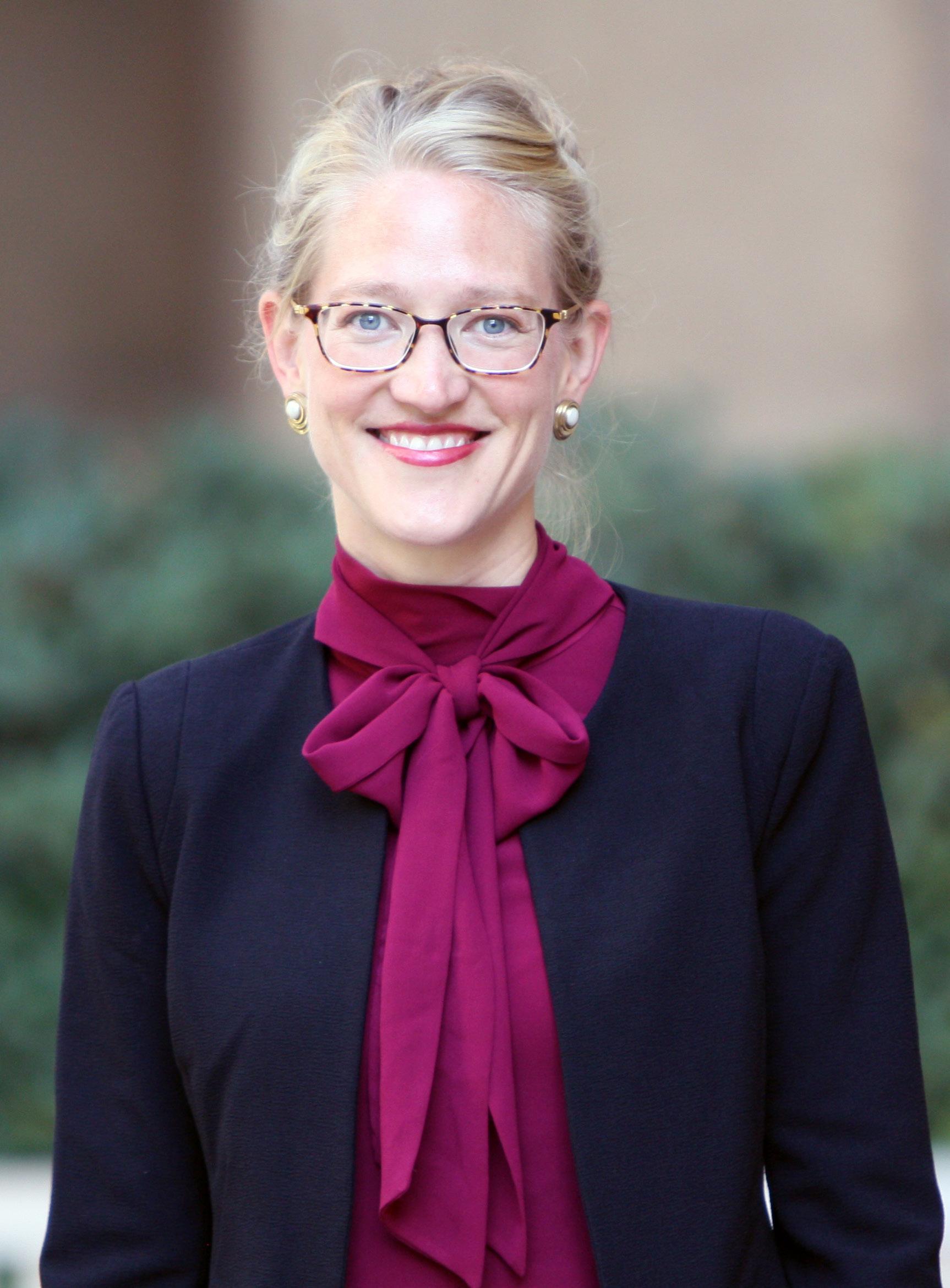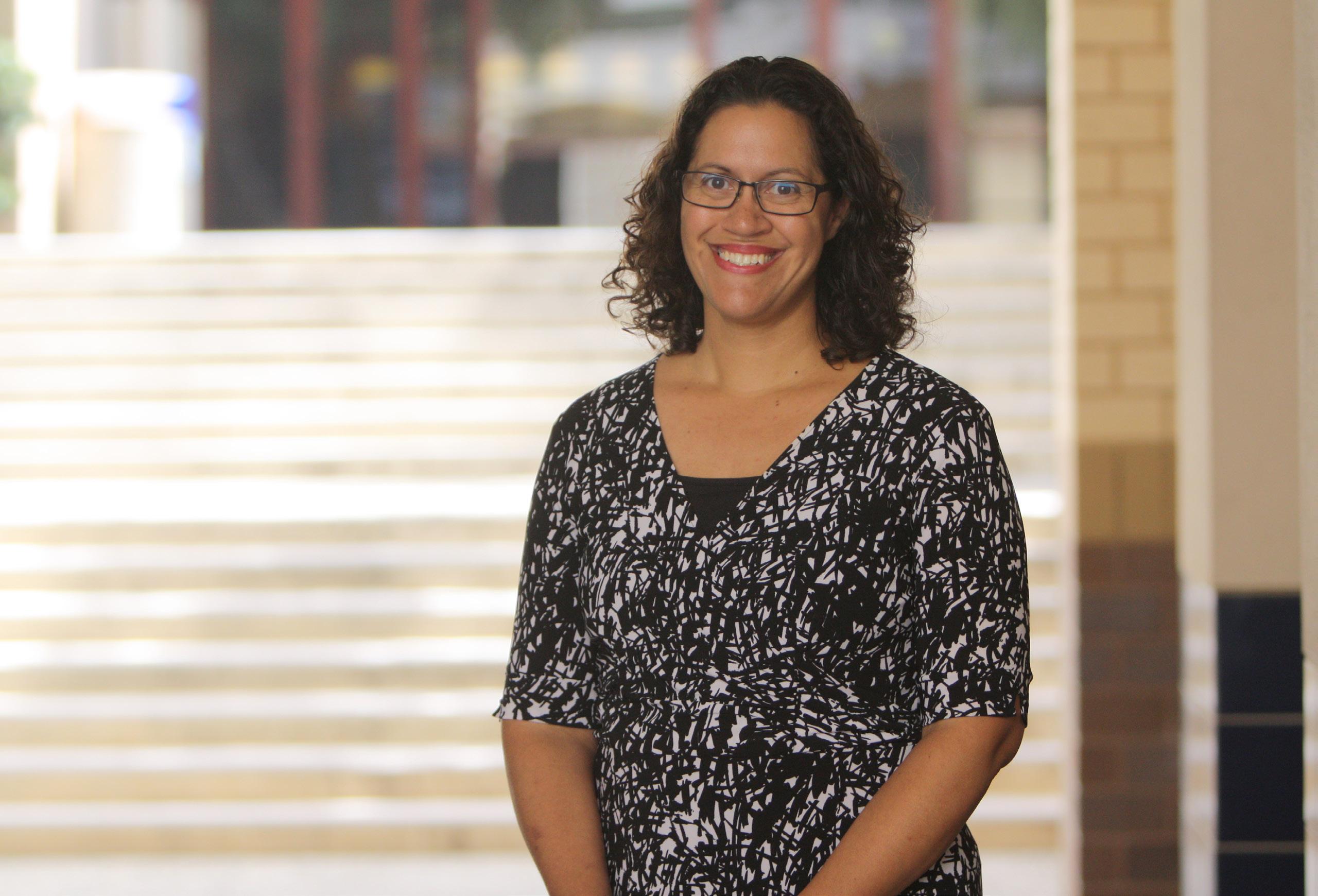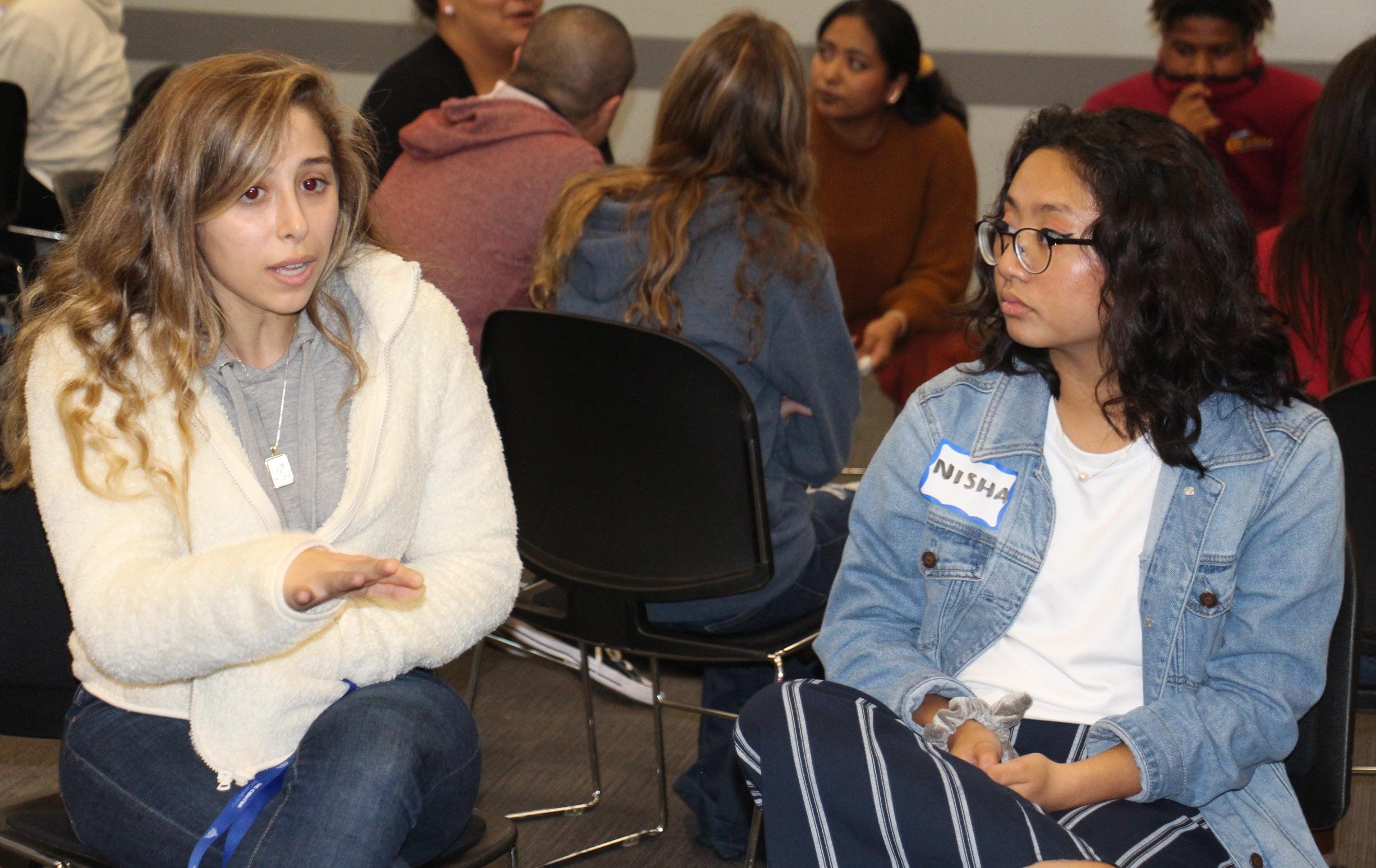46
be bold
THE BRAIN AND
language UCI language scientist Judith Kroll finds that a diverse linguistic environment boosts brain sensitivity to new learning, and exposure alone may confer some benefits of bilinguality on single-language speakers
N
umerous studies espouse the brain boost bilinguals boast over their single-language counterparts – among them increased executivelevel cognitive function and a four- to fiveyear delay in the risk of developing dementia symptoms. A new UCI study, however, has found that monolinguals living in a linguistically diverse environment may be reaping some of the same rewards just by being in the vicinity of multiple languages. “The phenomenon is known as ambient linguistic diversity, and we show – using EEG-measured brain activity – that it has the impact of increasing monolingual brain activity similar to what we see in bilinguals, even if the person doesn’t speak or understand a second language,” says co-author
Judith Kroll, UCI Distinguished Professor of language science. Kroll and graduate student Kinsey Bice, now a postdoctoral researcher at the University of Washington, began their research on monolingual brain activity related to language exposure at Penn State University in 2015. They continued their work after relocations to UC Riverside in 2016 and to UCI in 2019. They examined how singlelanguage speakers responded neurally and behaviorally when presented with a new foreign language, in this case Finnish. “Finnish was used because it adheres to vowel harmony, a phonological constraint on how words are formed that prevents front vowels from co-occurring with back























